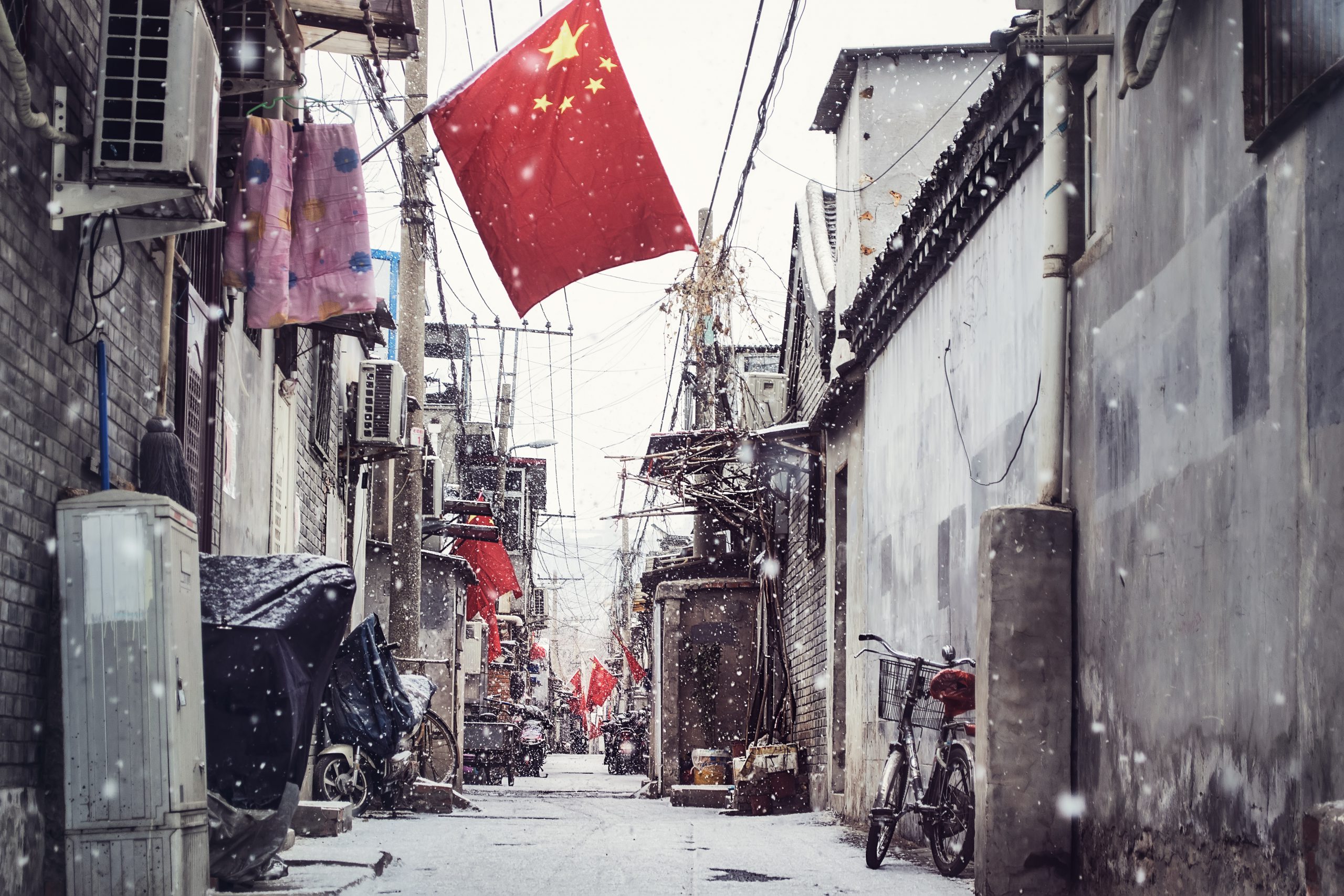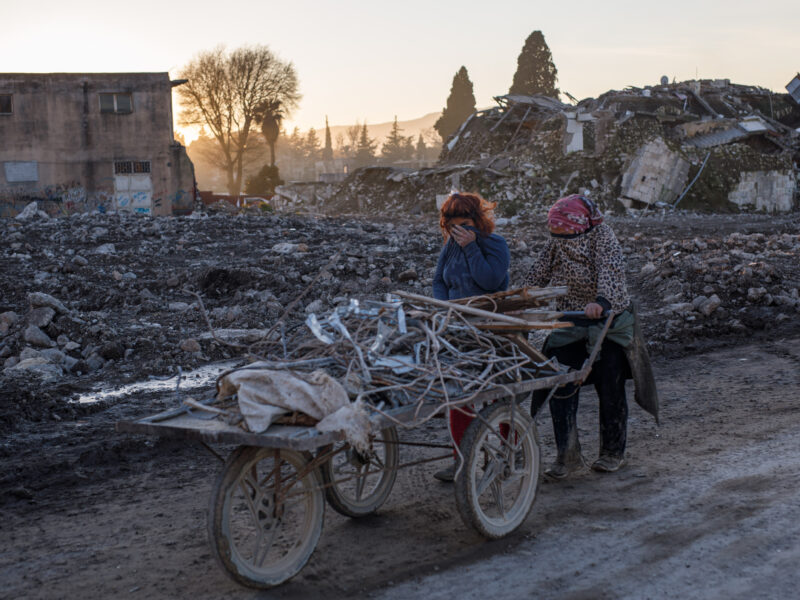Expressing dissent in China is difficult and dangerous, but a brave few persist in telling their story.
This week the world remembers the events that took place on June 4, 1989, in Tiananmen Square — although remembering is easier to do in some countries than in others. China’s digital great wall blocks access to information about the massacre, often with the help of American technology companies. Demonstrators who were in Tiananmen and lived through the crackdown that followed don’t even tell their children about it, lest they ask questions of the wrong people. Even more disturbing, young Chinese students raised in a post-Tiananmen world question the value of knowing what really happened that day, as Louisa Lim, the author of The People’s Republic of Amnesia, writes in the New York Times.
But while the Communist party has succeeded in crushing dissent, it has not figured out a way to make people forget. Today some survivors of those horrific events that took place in Beijing 30 years ago still make tiny, subversive gestures to show they have not forgotten, thus proving that people can uphold the historical record even under the most repressive governments.
In a moving reported op-ed for the New York Times, China expert Ian Johnson describes this quiet dissent expressed by brave writers, artists, musicians, and intellectuals as “unofficial history.” They “have taken it upon themselves to preserve the memories of the country’s many killings, famines, uprisings and government crackdowns,” he writes. This history is smuggled in and out of China, accessed through VPN software to avoid censorship, or conveyed in symbolic code. This unofficial history is a testament to the resilience of people and of storytellers.
In addition to the vibrant unofficial history kept alive by a community of people, Johnson writes for the New York Review of Books that the official history of Tiananmen Square continues to expand, most recently with a book about how the Communist Party rewrote history the week following the crackdown, including backdating political endorsements of the decision to use military force on the protestors. The “truth stubbornly endures,” Johnson writes.
In other news:
Can the social cost of carbon — a figure that estimates the economic burden of climate change per metric ton of carbon dioxide — help incentive climate change solutions? Read more.
What is “economic patriotism”? Read about Elizabeth Warren’s plan to reinvigorate American industry.
At this New York bakery, it’s not your past (whatever it may hold) that matters, but your future. What does employment based on the Buddhist principle of “non-judgment” look like?



